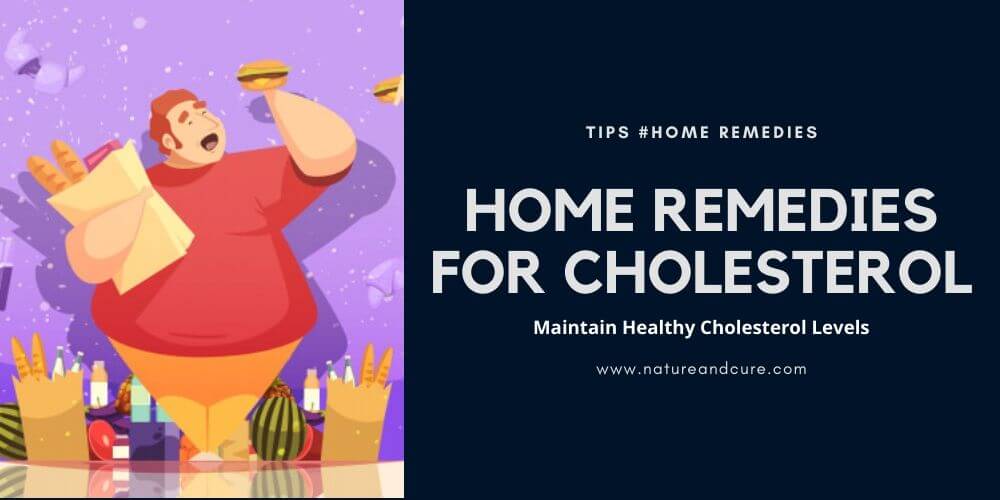
Cholesterol is a type of fat or a waxy substance found in the blood. It is biosynthesized by all animal cells. Cholesterol is an essential requirement that is produced in the liver and has four primary functions, without which we cannot survive.
These are:
Limiting cholesterol levels is important as it might get absorbed in the blood vessels causing them to stiffen, narrow down and if they get clogged it may lead to a heart attack or stroke.
Cholesterol cannot dissolve in the blood so it unites with proteins to make its way through the bloodstream. The two traveling together are called lipoproteins.
Based on what the lipoprotein carries, the two main types of cholesterol are:
Low-density lipoproteins (LDL) – Often referred to as bad cholesterol, are the ones that carry cholesterol from the liver to the bloodstream where they might accumulate in the walls of blood vessels creating blockages. These put your heart at risk.
High-density proteins (HDL) – Often referred to as good cholesterol, are the ones that carry cholesterol from the bloodstream back to the liver where they get broken down.
There are certain factors responsible for increasing the risk of bad cholesterol listed below:
Apart from the factors that can be controlled, some are hard to keep a check on.
Cholesterol might not be detected based on symptoms. It can only be checked through a blood test.
Cholesterol accumulation in the blood vessels can reduce the blood flow through the arteries generating certain complications such as-
Having Cholesterol issue can cause complications in major areas of your body. Learn about the effects of cholesterol on the body
2. Flaxseeds carry high levels of alpha-linolenic acid (ALA) which is an essential omega-3 fatty acid. It has proved to lower LDL cholesterol as well as triglycerides levels especially among people with high cholesterol levels and postmenopausal women.
3. Garlic: This element contains a high concentration of allicin (a sulfur-containing compound), recognized for reducing total and LDL cholesterol significantly. Though it is commonly used in Indian cooking, raw garlic works better than cooked ones. Consuming 1/2 to 1 garlic clove daily can help reduce your cholesterol level.
4. Plant sterols and stanols – Present in nuts, fruits, vegetables, seeds, and grains. These substances help restrict the intestinal absorption of cholesterol. Hence, can effectively reduce bad cholesterol levels (LDL) in your blood.
5. Green tea – It is rich in polyphenols. Of the infinite health benefits, is its efficiency of lowering LDL Cholesterol as well as increasing HDL Cholesterol. The polyphenols of tea not only restrict cholesterol absorption in intestines but also help discard it.
6. Coriander seeds – Antioxidants help bring down cholesterol levels, found in abundance in Coriander seeds. Cholesterol levels can be controlled by simply boiling these seeds in water, straining, and then drinking it. Loaded with essential vitamins such as Vitamin A plus beta-carotene, folic acid & vitamin C these are used to treat several ailments.
7. Psyllium husk is a rich source of soluble fiber. Thus, exceptionally beneficial in lowering LDL cholesterol. Just a spoon of this husk daily is sufficient to keep a check.
8. Fenugreek – A spoon of fenugreek to your daily intake is more than enough. The accumulated cholesterol from the body is easily eliminated due to the Saponins found in fenugreek. Furthermore, its fiber helps reduce the synthesis in the liver.
9. Amla – The essential amino acids and antioxidants in Amla lower the cholesterol levels. Also, protect against atherosclerosis and CAD. Though not so good in taste, it can be consumed as fresh fruit, else 1tsp of its powder can be taken with a glass of lukewarm water.
10. Turmeric – Adding turmeric to the curries helps in reducing bad cholesterol by cutting down the plaque (accumulated cholesterol) on the walls of the arteries. Having half a tsp of turmeric with warm water first thing in the morning or turmeric milk at bedtime is the best way to reduce bad cholesterol.
11. Fish – Omega-3 fatty acids promote the reduction of cholesterol levels. Also, the chances of incurring cardiovascular disease. Including fish in the meals is therefore beneficial as they are a rich source of these fatty acids. Vegetarians can opt for fish oil tablets.
12. Soybeans – Soybeans or soy proteins have comparatively proved better as a check on coronary heart disease. They effectively lower LDL cholesterol as well as triglycerides. Soy protein sources include tofu, tempeh, soy milk, soy yogurt, and some more food products made from soybeans.
People are constantly complaining about bad air quality in different regions of India. With the…
UNICEF, the World Health Organization (WHO), and partners have been working on the growing concerns…
We have already talked about mud therapy's benefits in constipation, skin health, and weight management.…
The National Library of Medicine has labeled Vitamin D as a "sunshine vitamin" as it…
Constipation is emerging as a common health problem affecting millions of people. The reason behind…
Naturopathy and nutritional medicine are frequently associated in the context of holistic health. They both…
View Comments